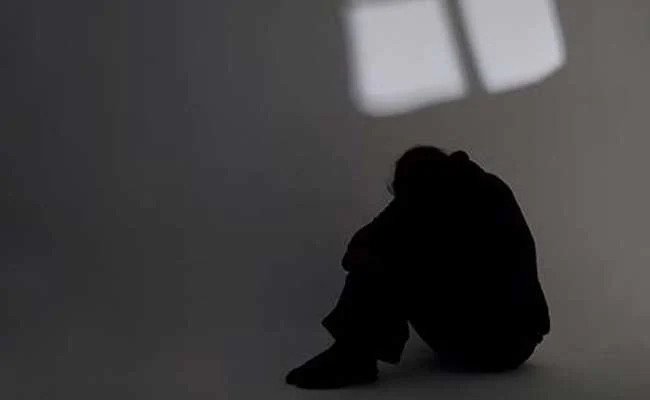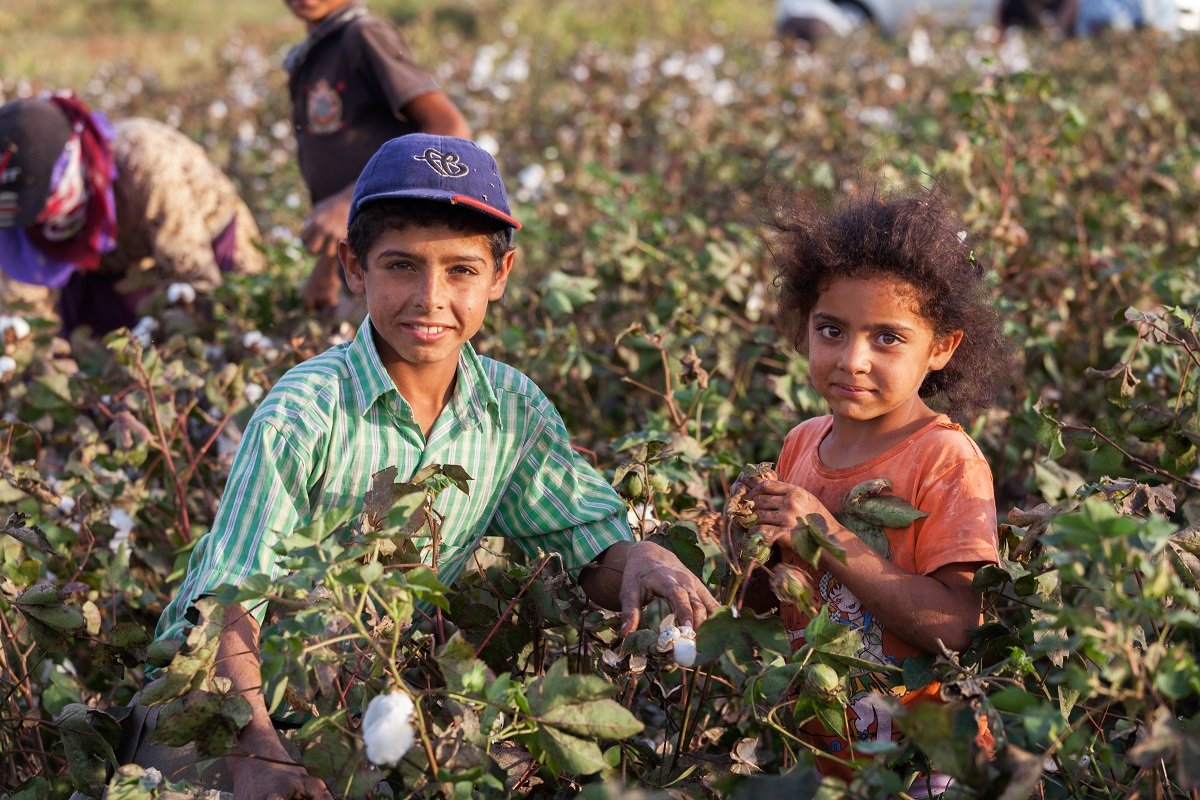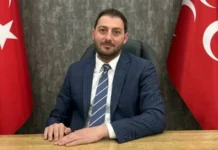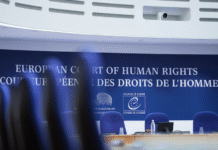A Turkish MP has submitted a parliamentary inquiry regarding allegations that 12 women accused of membership in the Gülen movement became pregnant as a result of rape while in custody, citing a report by the Finnish Immigration Service.
Meral Danış Beştaş, a member of the pro-Kurdish Peoples’ Equality and Democracy Party (DEM Party), addressed the inquiry to Justice Minister Yılmaz Tunç, seeking clarification on findings that also highlight abuse and torture of detainees.
Beştaş posed a series of questions to the justice ministry, asking whether the allegations have been investigated and if legal or administrative measures have been taken against the alleged perpetrators. It also addresses the rights of women in custody, including whether pregnant detainees were provided with legal access to abortion or if any were coerced into terminating pregnancies against their will.
The report, published in June and updated in August, stems from a fact-finding mission by the Finnish Immigration Service in Ankara and Istanbul in October 2023. It discusses the situation of alleged members and supporters of the Gülen movement in Turkey and focuses, in particular, on the situation of individuals targeted in the current security operations against the Gülen movement.
The report also highlights the way people allegedly associated with the movement are treated by the Turkish authorities and, more generally, by Turkish society.
The Finnish report also cites allegations made by a Turkish legal expert and the “Victims of the Emergency Decree Platform” that 12 women linked to the Gülen movement became pregnant while in custody after a failed coup in 2016.
Turkish President Recep Tayyip Erdoğan has been targeting followers of the Gülen movement, inspired by Muslim cleric Fethullah Gülen, since the corruption investigations of 2013, which implicated then-prime minister Erdoğan, his family members and his inner circle.
Dismissing the investigations as a Gülenist coup and conspiracy against his government, Erdoğan designated the movement as a terrorist organization and began targeting its members. He intensified the crackdown on the movement following an abortive putsch in 2016, which he accused Gülen of masterminding. Gülen and the movement strongly deny involvement in the coup attempt or any terrorist activity.
In her inquiry Beştaş called for transparency regarding the status of ongoing investigations, asking whether the women had given birth and what had become of their children. She also inquired about the personnel currently employed in women’s prisons, the suitability of staff for their roles and the number of prison personnel convicted of torture or mistreatment.
Torture and ill-treatment of citizens in Turkey have been longstanding concerns for domestic and international human rights organizations. After the abortive putsch, the Turkish government intensified crackdowns on perceived political opponents, which led to a surge in reports of torture, particularly in police custody and prisons.
Human rights groups have accused Turkish authorities of using torture as a tool to extract confessions or intimidate political activists, journalists and members of the Kurdish minority. Reports of mistreatment include beatings, sexual abuse and prolonged solitary confinement. In recent years, demonstrations against government policies, particularly those related to labor rights, environmental issues and political freedoms, have increasingly been met with violent responses from security forces.
Turkey’s legal framework regarding torture and ill-treatment has also been the subject of significant criticism for its deficiencies. While the Turkish Constitution addresses torture, other offenses are inadequately covered. Concerns were raised about the absence of explicit prohibitions against confessions obtained under torture in the Turkish Penal Code, and questions about whether protections extend sufficiently to witnesses.
Turkey’s government has consistently denied sanctioning torture, asserting that it operates under strict anti-torture laws. However, critics argue that the enforcement of these laws is inadequate, and impunity for security forces remains a significant problem. International bodies, including the European Court of Human Rights, have frequently urged Turkey to improve conditions in detention centers and ensure accountability for human rights violations.















